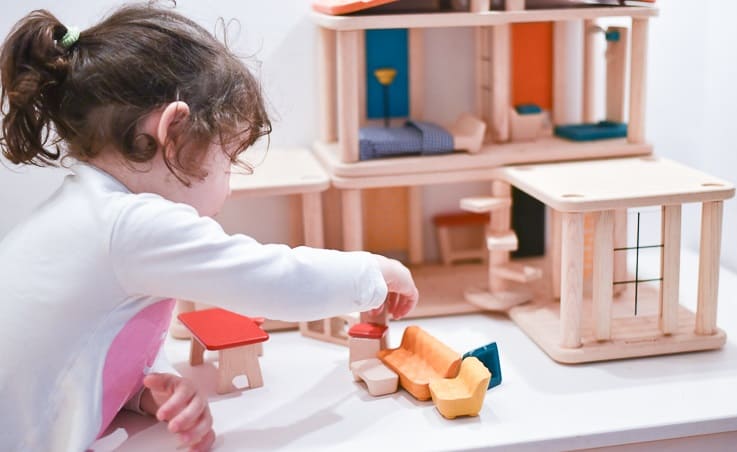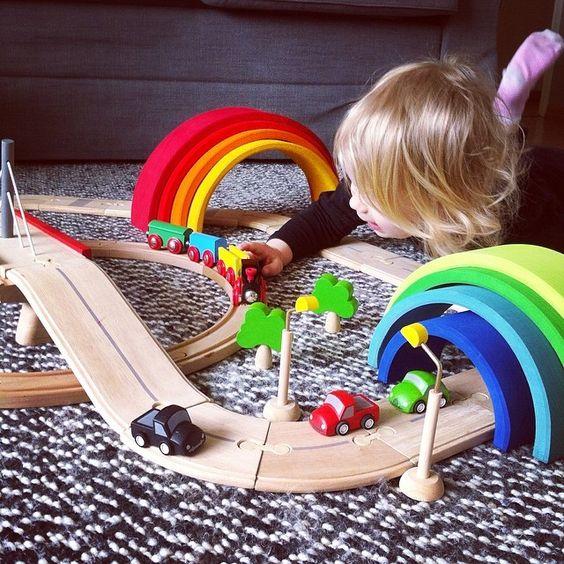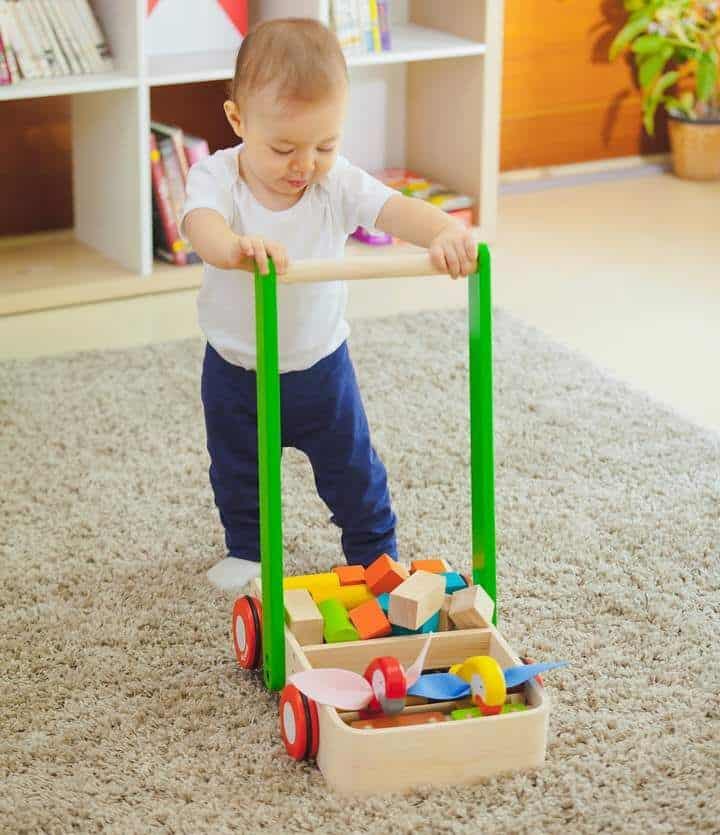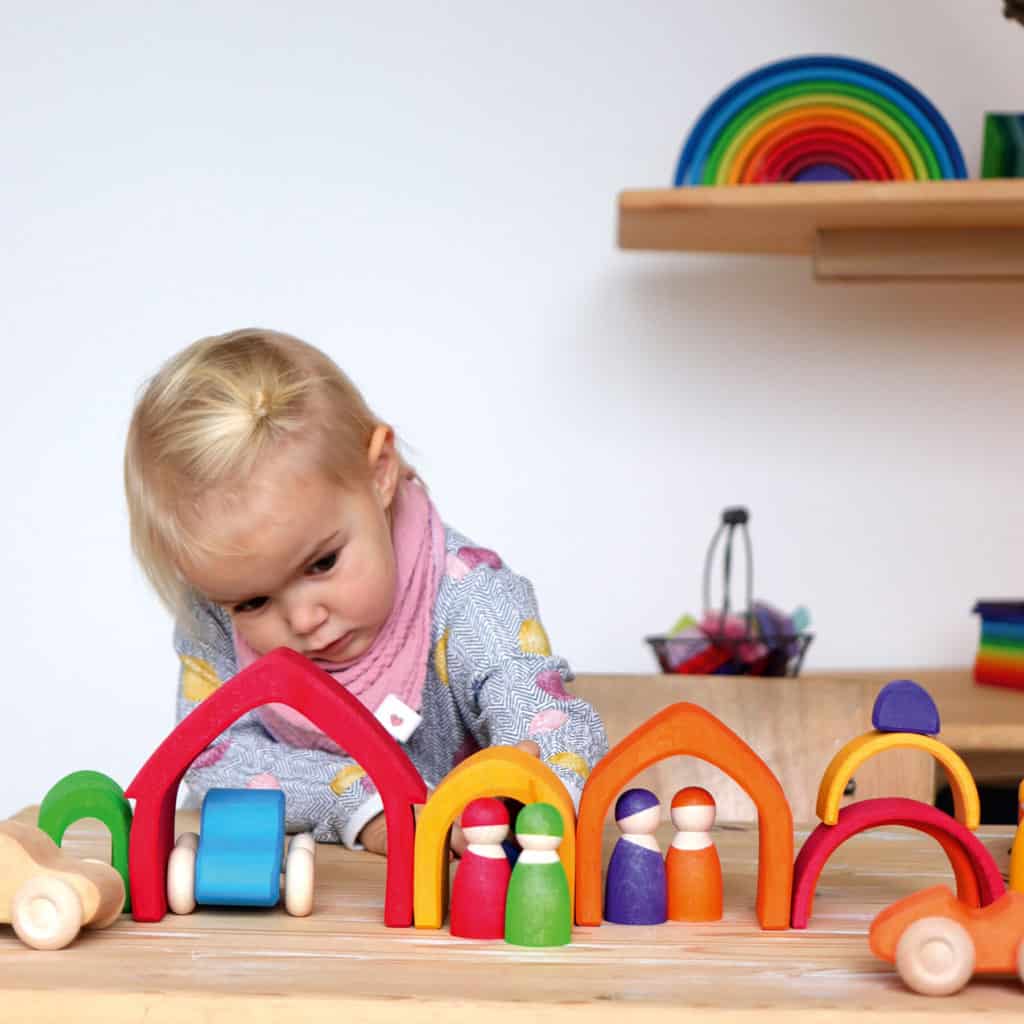Why Renting Toys is the Best Option for Parents
Toys can often represent a major expenditure for parents. From growing out of them to simply losing interest, many toys are destined to only maintain a child’s interest for a matter of months, sometimes even weeks. With renting toys, you're able to constantly introduce different varieties to your child, without fear of overloading your space or spending a ton.
Thinking of trying out toy rentals?
Your kids will never be bored at home
The family room is cluttered up, toys are overflowing from their bins everywhere in your house. The worst thing of all is your child seems bored! How can that be? It could be that they've used a toy enough that it’s no longer a novelty, and now they’re looking for something else to stimulate their mind. You can take steps to ensure that your child’s creative juices don’t dwindle away along with the excitement of the toys. One of those steps is to rent toys. You get to offer them a variety of options to keep them excited and return the toys once they're through. The anticipation of having new toys each month will definitely keep them on their toes!
It helps you declutter the house
With toys, we think that more is better. But really, it is just overwhelming. Studies show that kids spend more time playing with fewer toys than when they have a lot of options. Having a house chock full of toys is certainly not doing the kids—or the parents—any favours. Think about the hours you spend just organizing everything! Renting toys means you're not adding loads of clutter to your house, nor are you getting rid of things and having them put to waste.
It lessens negative environmental impact
By embracing a more ‘borrow-centric’ culture, we can reduce the environmental impact of key industries through lowering demand for items with a short utility lifespan and shifting emphasis from buying to sharing. And since it’s the youngest generation who will have to live with our current-day decisions, toys seem a pretty good place to start, don't you think? Holding true to our stand, we'd also like to emphasize that majority of the KIDDOS Toys Club partner brands are those that produce toys made with sustainable materials and advocate concern for a greener world.
Subscribe to a monthly toy bag at KIDDOS Toys Club!
Here's how it works: Sign up for a monthly plan and then leave it to the pros to curate bags based on your child's age and stage. Receive a bag every month, then return an old one! Get started today!




